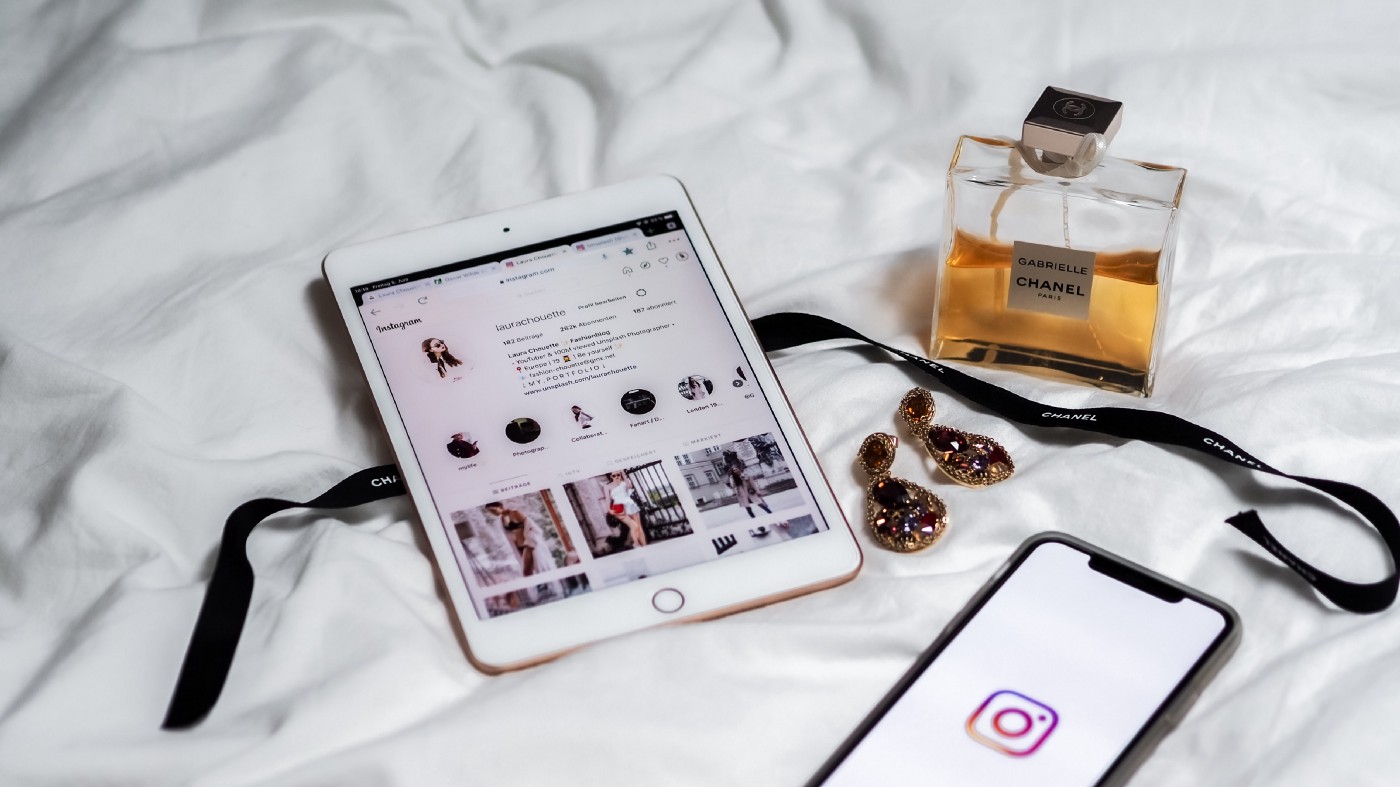Influencers have been around since before marketing was an industry. Throughout history, those with fame, wealth, and authority have wielded influence over others and have affected their decisions. From copying the fashions of kings and queens to using Santa Claus to sell Coca-Cola , influencers have come in many forms.
Trust is a necessary part of the customer experience. Ads run on traditional media outlets have become less effective because consumers no longer take advertising at face value. Paid celebrity endorsements were quite effective in the past, but are waning today due to the public’s increasing perception that such endorsements are rarely genuine.
Authentic testimonials carry the most weight with consumers, with 70% of teenagers saying that they trust influencers more than mainstream celebrities, and 86% of women admitting to using social media for purchasing advice. Friends and family are the most likely to influence a purchase, but there’s another group not far behind the curve.
Social Media Influencers

With the domination of social media in the online space, word-of-mouth is more powerful than ever. No longer is online advertising the purview of professional affiliates or pay-per-click ads. Anyone with an established social media account can tell their followers about a product or service and reap decent commissions from a single post.
Celebrities with millions of followers often make use of their follower counts by partnering with companies to create sponsored content and are highly paid due to the number of eyes they can attract.
In the past few years, a new subcategory of influencer has emerged. Making use of this demographic can have great results for any company with an online presence.
Micro-influencers
Big names and huge followings aren’t necessarily the best choice to promote products and services. Influencers with 1,000–10,000 followers typically have higher engagement and conversion rates on their posts. They can garner up to twice the actions, three times the views, and 12 times the comments per post or video than big-name celebrities.
Smaller communities naturally feel more intimate, which enhances the trust factor that is so vital to the influencer. With too-perfect posts and entitled attitudes, social media stars are losing face amongst the general public. Micro-influencers with smaller audiences retain the more personal connection that online consumers are looking for.
Losing Trust
Some of the largest names in the influencer world have been rocked by scandals in recent years. Everything from ill-advised remarks to offensive publicity campaigns, to fake follower scandals and not tagging their posts as sponsored can land an influencer in hot water. Brands need to be aware of how consumers perceive an influencer because it will also reflect on the company they promote.
In 2017, when Logan Paul posted a video of a body in Japan’s Suicide Forest, there was a public outcry against his callous publicity stunt. Not only was it deemed disrespectful to the family of the victim, but inappropriate for his mostly teenaged audience. Paul has since posted several apology videos, but the controversy added fuel to the one PewDePie kicked off in the same year. YouTube then kicked off the famed 2017 “Adpocalypse.” As advertisers pulled their support, YouTube implemented a strict algorithm to identify “controversial” content.
Many innocent content creators faced instant demonetization for any content auto-flagged as “problematic”. A robot can’t screen videos and realize that war documentaries aren’t “promoting violence,” so the channel must request a manual review process, which can take several days and disrupt normal revenue streams. This underscores the point that even if an individual content creator is not at fault, industry scandal can affect every other influencer’s ability to reach their followers.
Regaining Trust

Many platforms, companies, and individual influencers have pledged to fight against fraud , bot accounts, and inappropriate content in an effort to revive the industry’s reputation. After the glut of amateur social media stars flooding Instagram, asking for freebies in return for dubious exposure on posts, companies are rightfully wary of self-proclaimed influencers. So what can you as an influencer do to mend this trust? First and foremost, don’t expect companies to take your influencer claims on face value.
Back up the assessment of your marketing value with accurate estimations of your follower counts, engagement rates, and ROI. If you don’t have prior experience in these areas, don’t expect to be given freebies or premium commission rates. In the final analysis, consumer trust is an important and delicate commodity. Once broken, it can be hard to regain. By carefully choosing which companies you work with and reviewing ad content for potential red flags, you can help prevent the breach of customer trust that threatens the industry.



